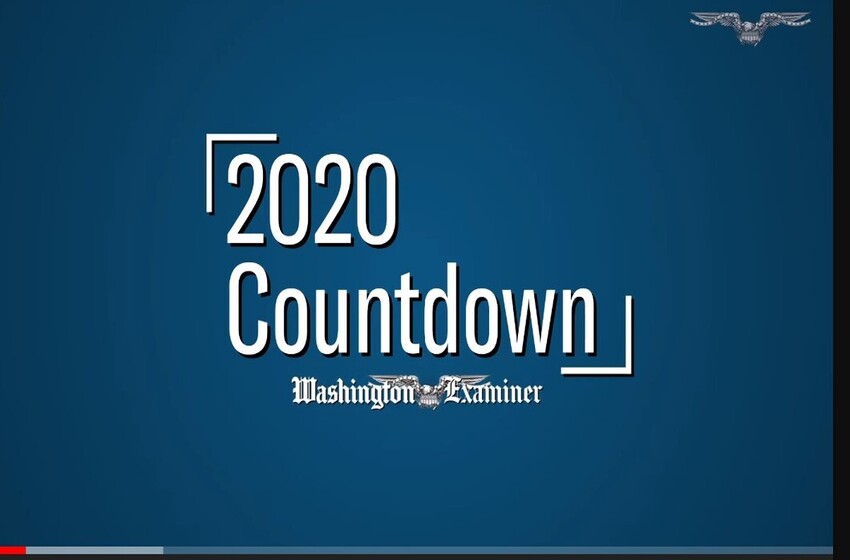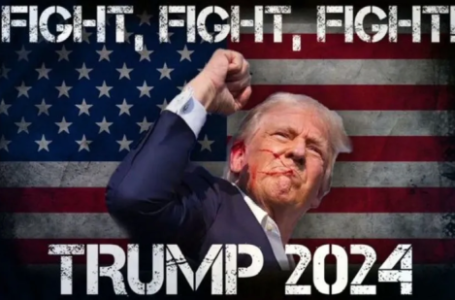2020 Countdown: North Carolina

Screenshot 2020 Washington Examiner
Though Charlotte, North Carolina was where the non-virtual aspect of GOP Convention was held, the state is still a big question mark when it comes to how it will vote in the 2020 election.
In 2016, the Tar Heel state voted in favor of electing Donald Trump as president by a margin of fewer than 200,000 votes. In the 2008 election, however, it voted for the rising Democratic star Barack Obama and his then-running mate Joe Biden.
Something interesting to note is that back in 2012, the Democratic National Convention was held in Charlotte. Yet in spite of this, it did little to help Obama and Biden keep the state blue. Could history be repeating itself for the incumbent this time around?
With the coronavirus shutting down the economy, North Carolina governor Roy Cooper ordered that the 2020 GOP convention could not proceed in person in Charlotte the way conventions have operated in the past. Some saw this as a political move by Cooper because he’s not only a Democrat, but he was also seen publicly at a large gathering in support of Black Lives Matter. So as much as Trump loves the energy of live events, he was unable to have the kind of spectacle he was hoping for. However, that didn’t stop him from creating a makeshift convention speech on the South Lawn of the White House to accept the Republican nomination.
Outside of how it may influence the 2020 election, Cooper’s decision about the convention may have a negative affect on his reelection chances as well.
Astonishingly, in 2016, North Carolina voted red in the presidential election, but blue in the gubernatorial race. The reason for this was then-Republican Governor Pat McCrory’s now infamous bathroom bill, which would have prevented individuals who identify as transgender from using government bathrooms outside of those which were stated on their birth certificate. In response, North Carolinians rebuked McCrory and elected Cooper. So the question now is, will Cooper meet the same fate as he faces the current lieutenant governor and Republican challenger Dan Forest?
So maybe the gubernatorial race isn’t the best indicator for how North Carolinians will vote in the presidential election. What about the Senate race?
First-term Senator Thom Tillis, a Republican, faces a tough challenge from former State Senator Cal Cunningham, which could possibly be the closest Senate race this cycle. Though Tillis has only been in Washington for one term, he hasn’t won over a lot of new voters. During his tenure, he’s been wishy-washy to the point where at times he’s looked like a Trump loyalist and at others, a moderate Republican doing what is most politically convenient at the time. Cunningham has seized on this opportunity and hit Tillis for being a flip-flopper. Yet, Cunningham has his own baggage. In their first debate, Tillis criticized Cunningham and for saying he would be “hesitant” to take a COVID-19 vaccine approved by Election Day, leading other Republicans to tag him as an “anti-vaxxer.”
With the presidential, gubernatorial, and the U.S. Senate races precariously close, it’s hard to say whether North Carolina will end up voting all red, all blue, or possibly purple like in 2016.
















